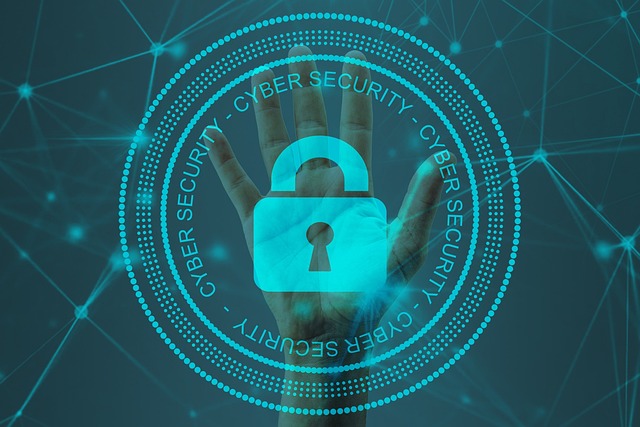Online business has advantages but also increases the likelihood of hoaxes and cyber threats. A successful cyber-attack could hurt your company’s credibility. As a result, protecting your company from cyber-attacks is critical. If this is not avoided, the business may have to be re-established.
In extreme cases, it may even force you out of business permanently because you cannot compensate for lost revenue and customer loyalty, as clients want to feel safe in transactions. The good news is that you can take preventative measures and protect your company before it’s too late by selecting various cyber insurance options.
Preventative measures for cyber threats
Device and network security software installation
Check that your operating system and security applications are set to update automatically. Updates may include critical security enhancements for recent malware and threats. Most updates allow you to schedule them at a more convenient time for you, usually after office hours. Because updates frequently fix serious security issues, it is critical to consistently follow update prompts. Install security software on business PCs and mobile devices to help prevent infection.
To prevent compromise, software with anti-virus, anti-spyware, and anti-spam filters should be installed on business laptops, desktops, and mobile devices. Setting up a firewall between your working devices and the internet is a gatekeeper for traffic entering and exiting the network. Maintain a strong firewall by applying the most recent patches regularly.
Using a password and configuring multiple authenticators
Take extra precautions to make your security more difficult to access if at all possible because you do not want to lose your company to hackers. Passwords should not be used to secure networks or devices that contain sensitive company data. Passphrases are word-groups or phrases that are used as passwords. Humans find them simple to remember, but computers find them difficult to decipher. A secure pass must be at least 14 characters long and contain a combination of capital and lowercase letters, digits, and special characters.
Use a unique password for each of your accounts. Changing passwords to passphrases is insufficient if you are serious about protecting your company. Multi-factor authentication (MFA) is used in this situation to ensure that legitimate owners are granted access. Two or more forms of identification must be presented before you can access your account. Two-factor or multi-factor authentication adds another layer of security to your accounts.
Keep sensitive information safe
After configuring your authenticators, the data that will be sent into and out of your company system must be encrypted. Encryption converts your data into a hidden code before sending it over the internet. Check that your network encryption is turned on and that any data you receive or store online is encrypted. This reduces the risk of data theft, destruction, or tampering by restricting data access to parties who have the encryption key. You can enable network encryption when using a public network by adjusting the settings on your router or by installing a virtual private network (VPN) program on your computer.
Back up your information
Data backup is one of the most affordable ways to ensure that your information can be recovered in case of a cyber-incident or computer problem. Furthermore, it is a less demanding method of preventing future attacks. While firewalls, antivirus software, and other security measures may fail, having a backup gives you an advantage over attackers.
Use various backup techniques, such as routine incremental backups to a mobile device or cloud storage, to help ensure the security of your data. Include weekly, quarterly, and annual server backups. It should be checked regularly to see if the data is working properly and can be recovered. If possible, keep several copies of your backup offline.
The safety of your company is the safety of your employees
Your employees and device operators are in charge of your company’s security. Businesses should have clear cyber security policies in place that inform employees about what is acceptable when sharing data, using computers and other devices and visiting websites. Your employees should be given internet safety training to make them aware of the risks they may face and their role in keeping your company safe. By fostering an awareness culture, hackers’ access may be restricted. This is why it is critical to teach them how to recognize, avoid, and deal with a cyber-attack and use strong passwords and passphrases.
Keep track of all of your company’s computing hardware and applications. All of your company’s hardware and software must be documented. Any no longer-in-use software and hardware should be disconnected from the network, and sensitive data should be deleted. Older, inactive hardware and software are unlikely to be updated, and they may be used as a “backdoor” by thieves to attack businesses. Similarly, you should deny access to former employees and people who have changed roles and no longer require it.
The safety of customers is the foundation of business continuity
You must safeguard your clients’ information. If you misplace or compromise their information, your company’s reputation will suffer, and you may face legal consequences. Ensure that your business invests in a secure online transaction environment and safeguards any stored personal customer data.
Find out what your payment gateway provider can do to prevent online payment fraud if you accept payments online. Consider purchasing cyber insurance to protect your business. Dealing with a cyber-attack may be far more expensive than simply replacing computers, improving security, or repairing databases. Cyber liability insurance coverage for attack recovery may provide cost savings to your company.











